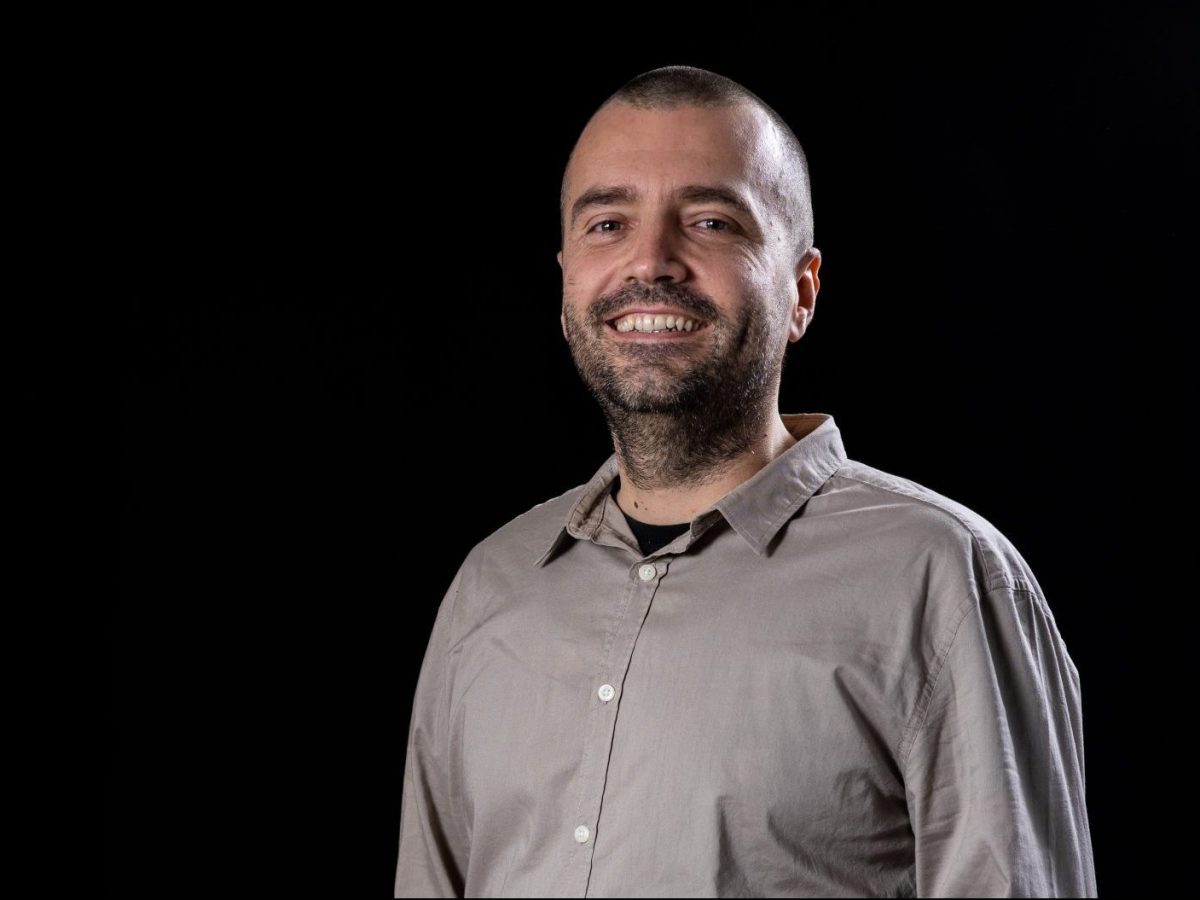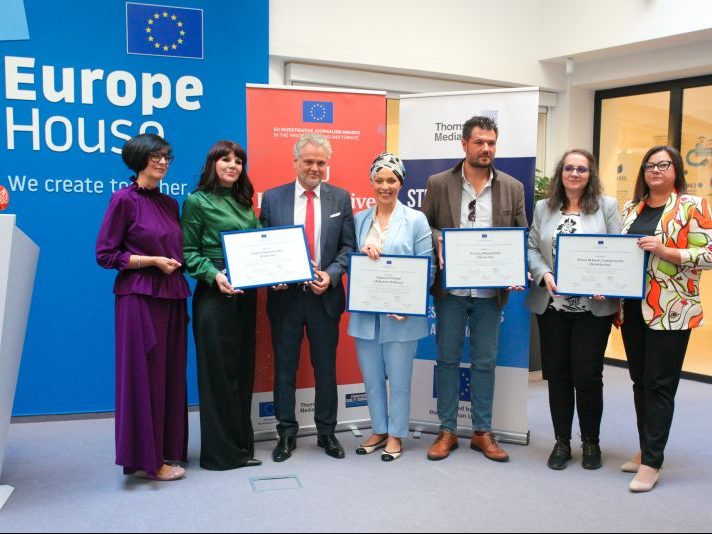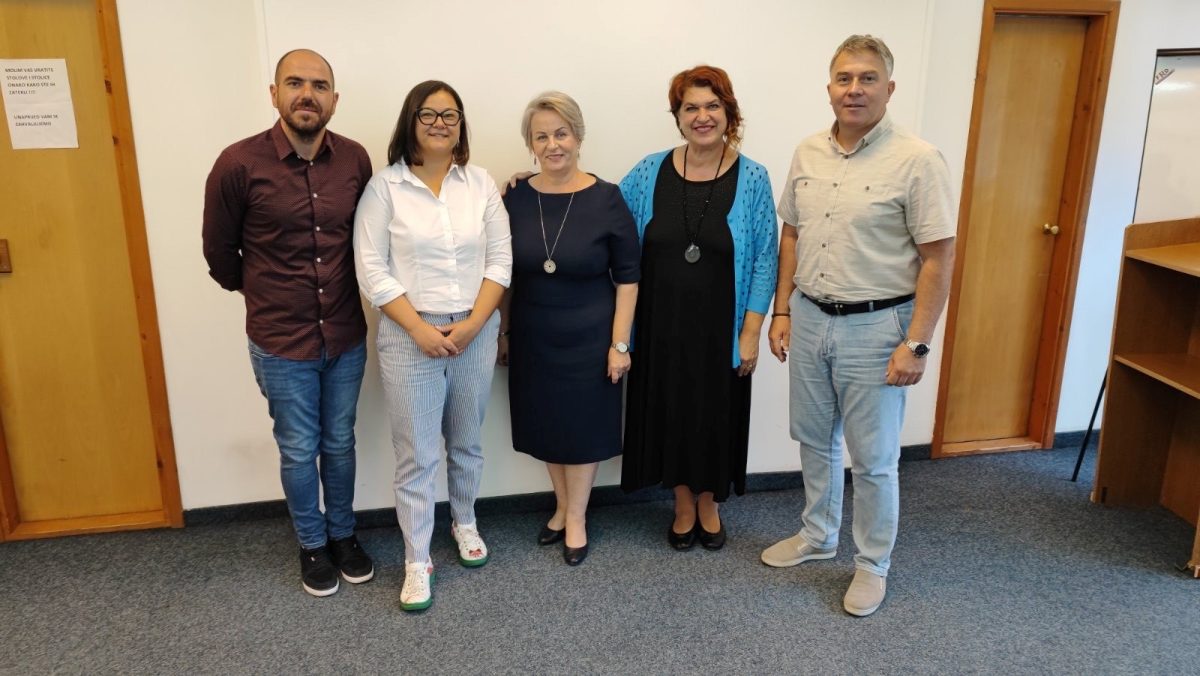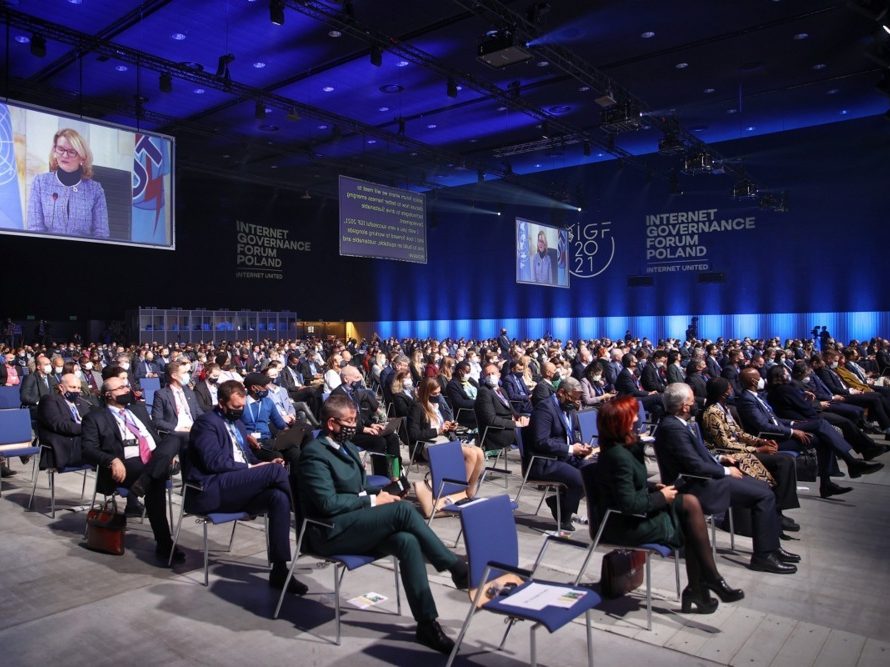Out of 39 media outlets covered by the Media Ownership Monitor Database, nearly 40 per cent of the most prominent media outlets in Bosnia and Herzegovina do not offer full transparency, a conference to present the Database organised by the Balkan Investigative Reporting Network of Bosnia and Herzegovina, BIRN BiH, heard.
Over the past few months, BIRN BiH, in collaboration with the Global Media Registry, GMR, collected data on publicly available information concerning ownership of the 39 most-watched, most-listened to and most-read media in BiH, including print, online, radio and TV stations, and tried to answer the question: who owns or controls these media?
According to the Database’s findings, the risk to media pluralism in Bosnia is high due to concentrations in television, print, online and media markets; the eight largest owners have a market share of over 70 per cent in different media sectors.
Of the 39 media outlets, women make up 37.6 per cent of the owners, but only in two is a woman the only owner. In all the others they share ownership with men, which also poses a risk for media pluralism.
Denis Dzidic, Executive Director of BIRN BiH, said the project was implemented according to GMR’s methodology and was a learning process for the newsroom, which focuses on topics like transitional justice and war crimes.
“In the next month, BIRN will publish such ownership databases in all countries in the region, so it will be interesting to compare the data,” Dzidic said.
Nafisa Hasanova and Lea Auffarth of GMR explained that the project has been implemented in more than 25 countries and that it was interesting to work simultaneously on databases in Bosnia, Serbia, Montenegro, North Macedonia, Albania and Kosovo. They began working on the project eight years ago, when media ownership was not such an important topic.
Following the presentation of the Database, a panel discussion on “Ownership and Transparency of Media Ownership in BiH” was held.
Mediacenter’s Executive Director, Maida Muminovic, said the Database demonstrates the importance of regulation in the field of transparency of media ownership, noting that regulation is not an easy task, which is perhaps why it is being delayed.
She said no solution currently requires active transparency of the media in Bosnia and that while many newsrooms have no problem in sharing data, the ones that do have a problem are under no obligation to do so.
She recalled the Draft Law on Transparency of Media Ownership and Advertising from 2018, which was prepared by the BH Journalists Association, Mediacentar, Press and Online Media Council, and JaBiHEU organization, mapping areas that need to be regulated, which can serve as a good foundation for regulation.
She explained that the Draft Law would limit the concentration of ownership, propose the establishment of media records, define conflicts of interest and require transparency, as well as data about advertisers and donors.
“We call for careful consideration of the Draft Law on Transparency. It is important that we all take part in the process, precisely because of these situations that are happening. I think some newsrooms stand on the sidelines and keep silent for a reason, because this type of transparency isn’t in their favour,” Muminovic said.
Aladin Abdagic, member of the Governing Board of the Press and Online Media Council in BiH and editor-in-chief of the Center for Investigative Journalism, stated the importance of regulation in media transparency, as its absence has led to the current anarchy in the media.
He said the CIN collaborated with individual media, but in many cases they did not even know who they were communicating with. He said media ownership was being hidden, leading to abuse, mostly by online portals. He also said that many journalists did not respect basic journalistic principles – and that the fact that the media community in Bosnia was very much divided represented a problem.
Political advisor to the Special Representative of the European Union in BiH Danijel Kovacevic reflected on the Database, saying the investigation had demonstrated that not all commercial media represented a problem, but online media exclusively.
“We have over 400 online media, as shown in research from 2019, and active transparency exits in only 18 per cent of them, if we only speak about the most-read ones. This is worrying and it also concerns the importance of the road to the EU, where legislation plays a great role,” he said. The Draft Law on Transparency of Media Ownership was important, not only because of Brussels, but primarily because of citizens, he added.









